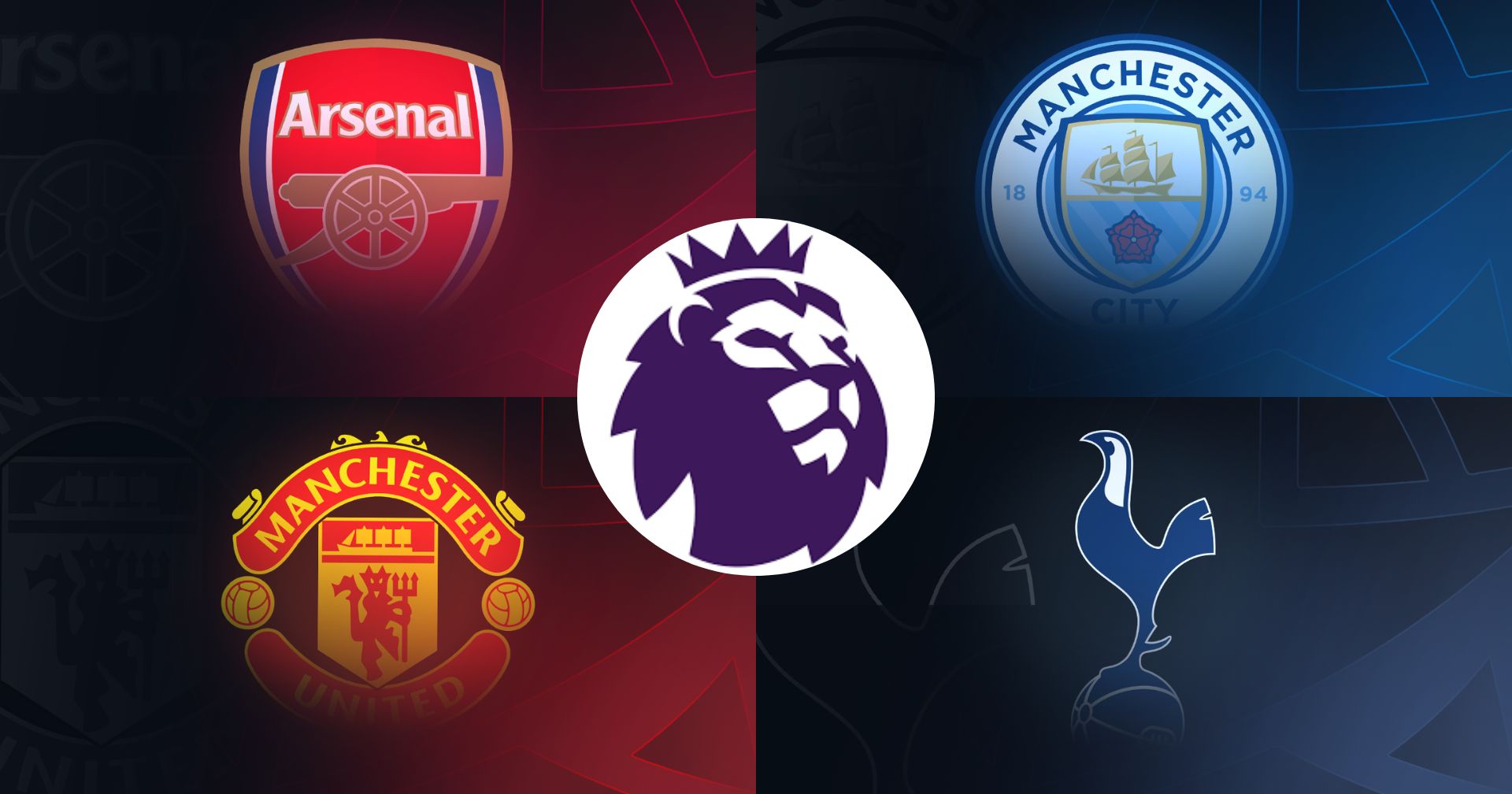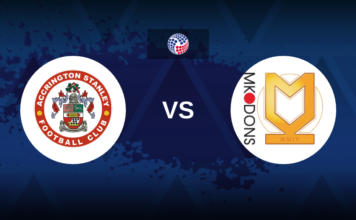The Premier League stands as the pinnacle of footballing excellence, boasting unparalleled revenue and financial supremacy.
With staggering figures dwarfing its European counterparts, English clubs seem poised for continental domination. Yet, despite this economic prowess, their performance in European competitions often falls short of expectations. In unraveling this paradox, we delve into historical contexts, tactical nuances, and the evolving landscape of the beautiful game.
The UEFA Ban and its Ramifications
The narrative of English clubs in Europe cannot be divorced from the tumultuous events of the past. Following the Heysel Stadium disaster in 1985, which resulted in a UEFA ban on English clubs from European competitions, the landscape shifted dramatically. For five years, English teams were exiled, cut off from the tactical innovations and professional evolution sweeping through the continent.
During this period of isolation, while English football stagnated, European powerhouses embraced transformative changes. Visionaries like Johan Cruyff at Barcelona and Arrigo Sacchi at AC Milan spearheaded tactical revolutions, reshaping the game with innovative approaches. As English clubs languished, the rest of Europe surged ahead, leaving them trailing in the wake of progress.
Modernization and Catching Up
The return of English clubs to European competitions in the early 1990s marked a tentative step back onto the continental stage. However, their initial forays yielded underwhelming results, reflecting a significant gap in tactical sophistication and professional preparation.
Arsène Wenger’s arrival at Arsenal in 1996 heralded a new era of modernization and innovation within English football. Wenger’s emphasis on diet, nutrition, and tactical fluidity revolutionized the game, catapulting Arsenal to unprecedented success. As other clubs scrambled to emulate Arsenal’s progressive approach, the landscape of English football underwent a seismic shift.
Tactical Nuances
Despite strides in modernization, English clubs still grapple with tactical disparities compared to their European counterparts. The frenetic pace and physicality synonymous with the Premier League often clash with the methodical, possession-based approaches prevalent in European competitions.
While outliers like Manchester City showcase tactical sophistication on par with European elites, many English clubs struggle to assert control in midfield and dictate the tempo of games. This deficiency becomes glaringly apparent in European competitions, where possession and tactical acumen reign supreme.
Fixture Congestion and Intensity
The relentless intensity and fixture congestion of the Premier League pose significant challenges for English clubs competing in Europe. The grueling domestic schedule, coupled with the demands of European campaigns, exacts a toll on players physically and mentally.
Unlike their European counterparts, who benefit from winter breaks and more manageable schedules, English clubs navigate a relentless onslaught of matches. This frenetic pace often leaves them fatigued and vulnerable in crucial European encounters, hampering their ability to sustain success on the continental stage.
Financial Disparities: Myth versus Reality
While the Premier League’s financial supremacy is undeniable, its impact on European dominance is more nuanced than meets the eye. Despite boasting astronomical revenues and lavish spending, English clubs face stiff competition from European giants with comparable financial resources.
Real Madrid, Barcelona, PSG, and Bayern Munich, among others, wield financial muscle on par with or exceeding that of English clubs. Their ability to attract top talent and compete for coveted trophies underscores the myth of Premier League hegemony in Europe.
Conclusion: Navigating Challenges on the European Stage
The quest for European glory remains an elusive pursuit for English clubs, plagued by historical legacies, tactical disparities, and the unforgiving nature of elite competition. While strides have been made in modernization and tactical evolution, English clubs continue to grapple with the complexities of navigating Europe’s footballing landscape.
As the Premier League grapples with its own idiosyncrasies and challenges, the quest for European dominance remains an ongoing saga. While financial supremacy offers a competitive edge, success on the continental stage hinges on a delicate balance of tactical astuteness, squad depth, and resilience in the face of formidable opposition.
In the ever-evolving tapestry of European football, English clubs must continue to adapt, innovate, and overcome if they aspire to reclaim their status as dominant forces on the continental stage. Only then can they truly carve their place among the pantheon of footballing greats, leaving an indelible mark on the annals of the beautiful game.







